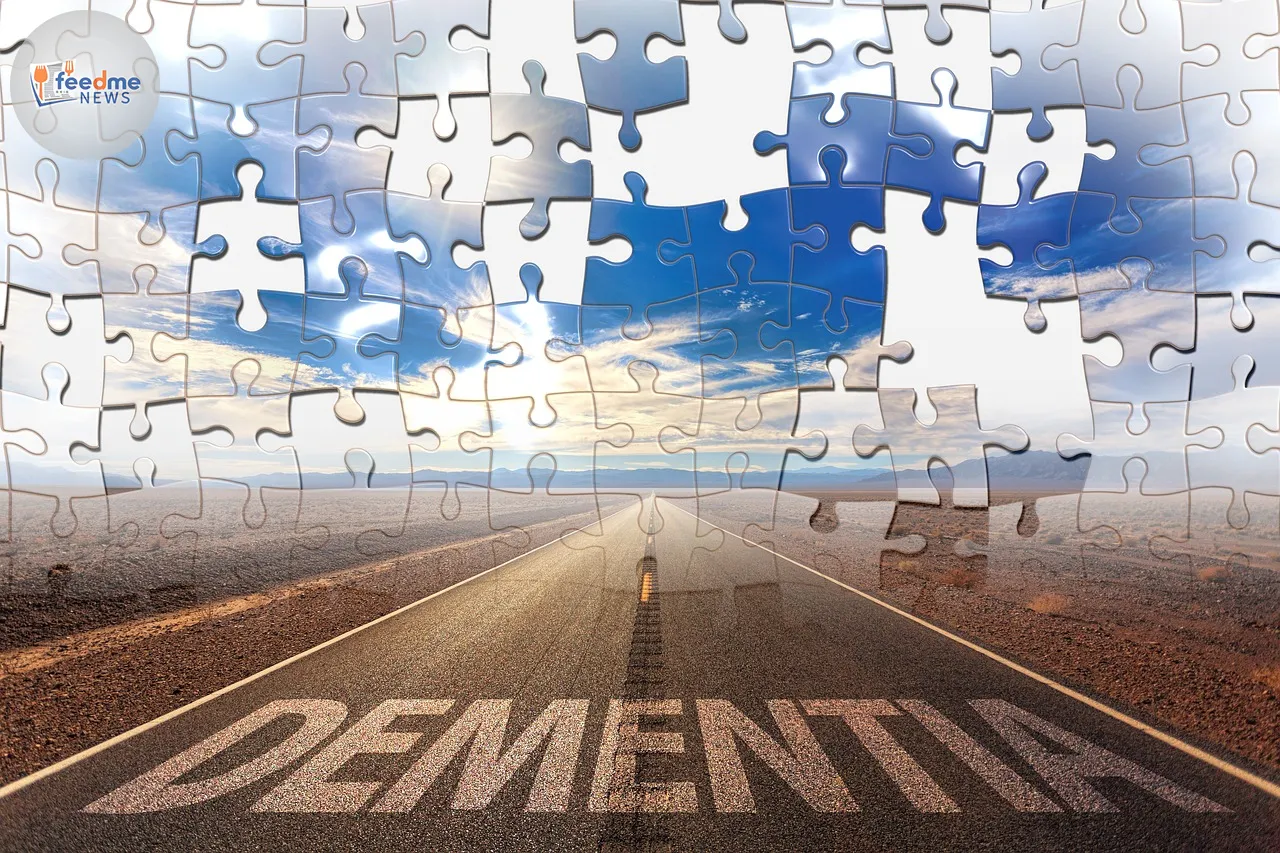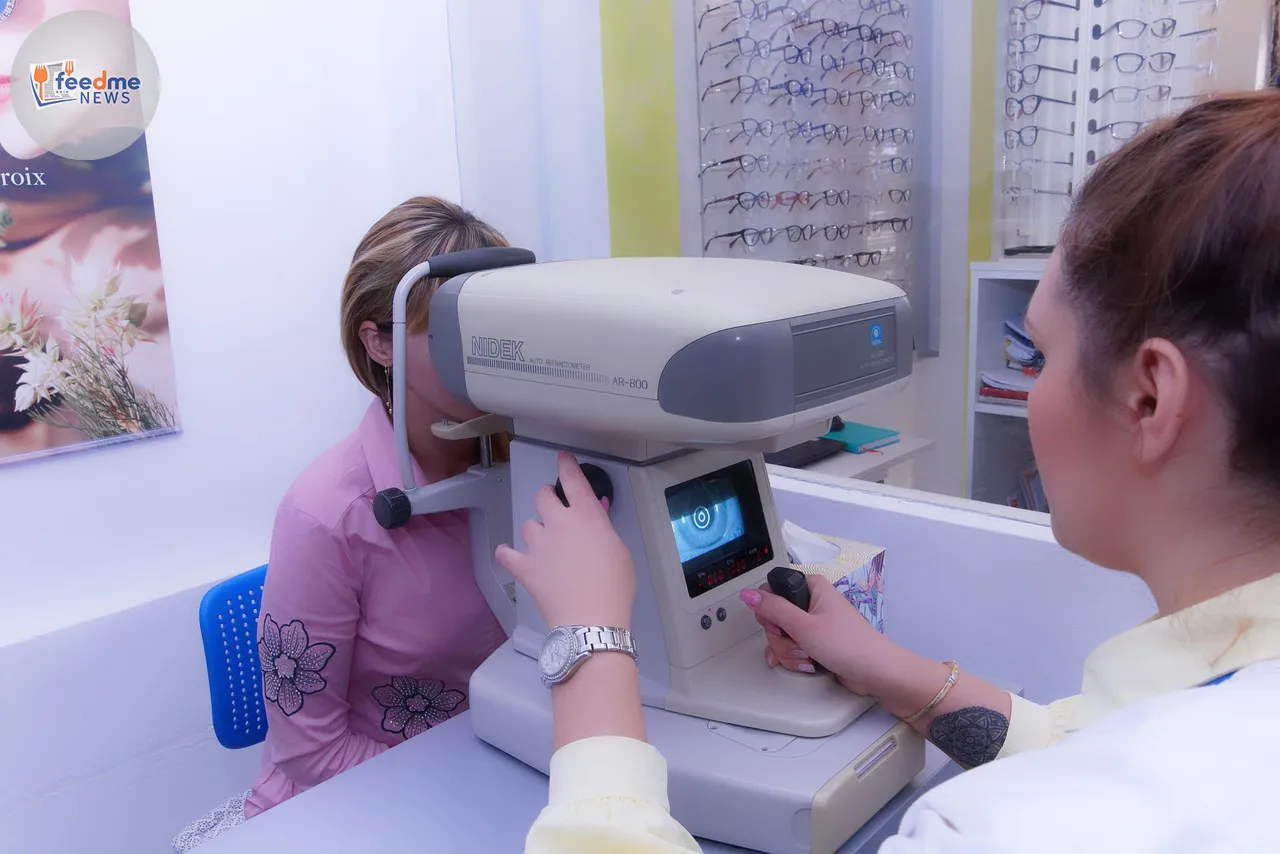Jackie Bailey’s poignant reflections on her sister’s battle with dementia offer a compelling narrative that highlights the complexities of living with the condition. Diagnosed at the tender age of 21, her sister’s journey was marked by moments of lucidity interspersed with confusion, a reality that Bailey now views through a lens of compassion and understanding. The experience underscores the necessity of awareness and knowledge about dementia, especially for those who find themselves supporting loved ones through such challenging diagnoses.
Dementia is often associated with older age, making Bailey’s sister’s diagnosis at such a young age an anomaly that underscores the unpredictable nature of the disease. Her sister’s condition was exacerbated by an inoperable brain tumour, which had lodged itself on her hippocampus, the brain’s memory centre. This dual diagnosis created a complex interplay of symptoms that left Bailey grappling with how best to support her sister. Her story is a reminder of the importance of early education and preparedness for families facing similar circumstances.

The Unseen Reality of Dementia
Dementia’s impact extends far beyond the individual, affecting families and communities in profound ways. Bailey recounts her sister’s oscillation between reality and her imagined worlds, a hallmark of the condition that can be particularly distressing for loved ones. These experiences highlight the often-unseen struggles faced by those living with dementia and their caregivers.
Experts note that dementia is not a single disease but a general term for a decline in cognitive ability severe enough to interfere with daily life. Alzheimer’s disease is the most common form, but there are many other types, each with its own set of symptoms and progression patterns. Understanding these nuances is crucial for providing effective care and support.
The Role of Early Diagnosis and Intervention
Bailey’s narrative underscores the importance of early diagnosis and intervention in managing dementia. Her sister’s journey began with a brain tumour diagnosis at age 10, but the subsequent development of dementia at 21 highlights the need for vigilance and proactive healthcare strategies. Early diagnosis can lead to better management of symptoms and improve quality of life.
Healthcare professionals advocate for regular cognitive assessments, especially for those with a history of neurological conditions. Such measures can aid in early detection and allow for timely interventions, which may include medication, lifestyle changes, and therapeutic activities designed to slow the progression of symptoms.
Coping Strategies for Families
For families navigating the challenges of dementia, Bailey’s reflections offer valuable insights into coping strategies. She describes how engaging her sister in activities like Scrabble provided moments of connection and mental stimulation, albeit fleeting. These interactions underscore the importance of maintaining engagement and communication with loved ones affected by dementia.
Experts recommend a multi-faceted approach to care that includes physical, emotional, and social support. Activities that stimulate the mind and body can be beneficial, as can creating a structured environment that reduces confusion and anxiety. Support groups and counselling services also play a vital role in helping families cope with the emotional toll of caregiving.
Raising Awareness and Understanding
Bailey’s story serves as a powerful call to action for increased awareness and understanding of dementia. Public education campaigns and community support programmes can help dispel myths and reduce the stigma associated with the condition. By fostering a more informed society, we can ensure that individuals living with dementia and their families receive the empathy and support they need.
Research into dementia continues to evolve, with scientists exploring new treatments and interventions that hold promise for the future. Continued investment in research and healthcare infrastructure is crucial for advancing our understanding of the condition and improving outcomes for those affected.
In reflecting on her sister’s journey, Jackie Bailey provides a deeply personal perspective on the challenges and lessons learned from living with dementia. Her story is a testament to the resilience of the human spirit and the enduring bond of family. As society becomes more aware of the realities of dementia, stories like Bailey’s can inspire compassion and drive meaningful change in how we support those affected by this complex condition.





